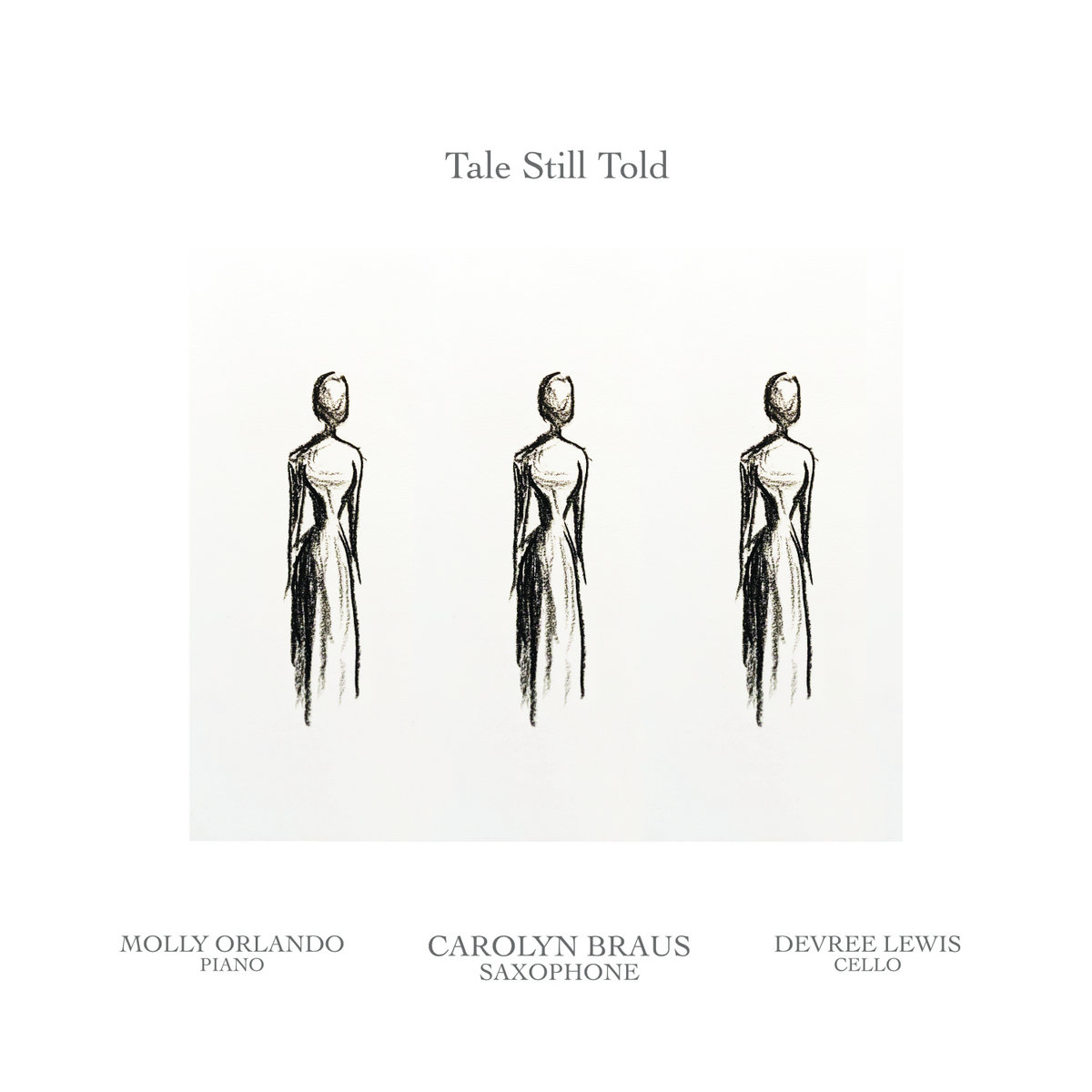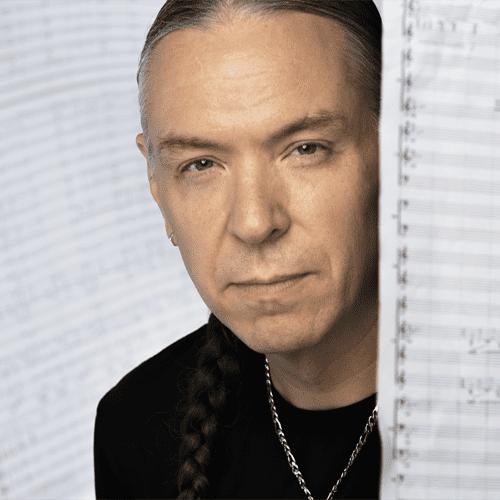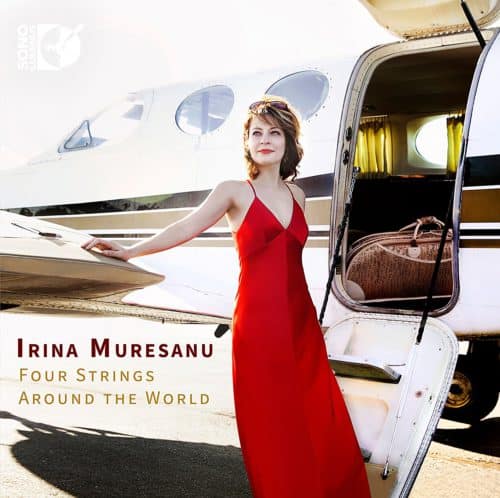“Lowak Shoppala’ is an incredible example of the gestalt or synergistic principle that the whole becomes greater than the sum of its parts.”
Lowak Shoppala' (Fire and Light)
Nashville String Machine
Jerod Tate, Conductor
Chickasaw Nation Children's Chorus and Dance Troupe
Vocal Soloists: Stephen Clark, Chelsea Owen, Meghan Vera Starling
Narrators: Lynne Moroney, Wes Studi, Richard Ray Whitman
To Awaken the Sun
UCO Cantilena Women’s Choir
Darla Eshelman, Conductor
Candace Fish, Piano
Tess Remy-Schumacher, Cello
Jerod Tate’s Taloowa’ Chipota (Children’s Songs) appears on this album.
Works by Jerod Impichchaachaaha' Tate
San Francisco Symphony and Chorus
Edwin Outwater, Conductor
Christine Bailey Davis, Flute
Thomas Robertello, Flute
Documerica
ETHEL String Quartet
Jerod Tate’s Pisashi (Reveal) appears on this album.
Lowak Shoppala' (Fire and Light)
Four Strings Around the World
Irina Muresanu, Solo Violin
Jerod Tate’s Oshta (Four) appears on this album.


Waktégli Olówaŋ (Victory Songs)
Album: Lakota Music Project
Artists: Stephen Bryant, baritone; Sound Dakota Symphony Orchestra; Delta David Geir, Conductor
Commissioned by South Dakota Symphony Orchestra

Snake Oil
Snake Oil for Piano, Saxophone and Cello
Album: Tale Still Told
Artists: Molly Orlando, Piano; Carolyn Braus, Saxophone; Degree Lewis, Cello
Commissioned by Justin Rollefson





